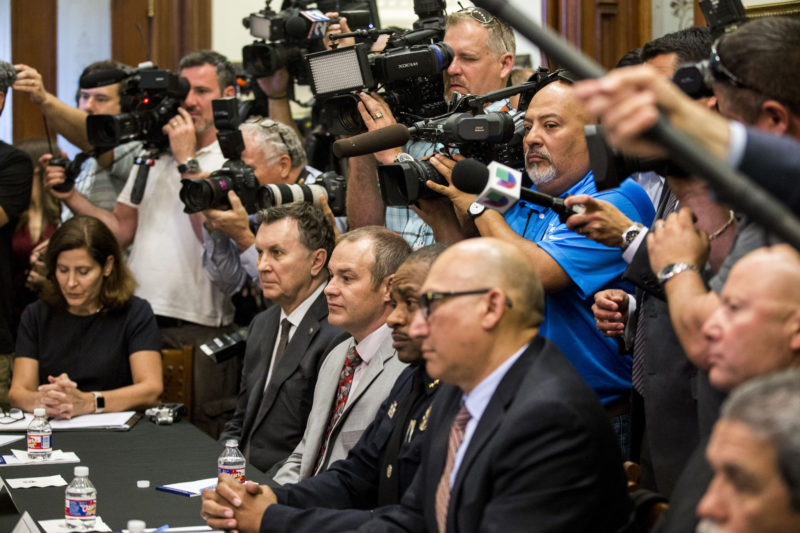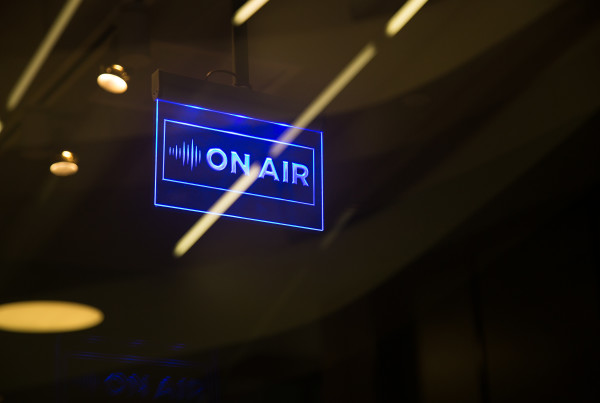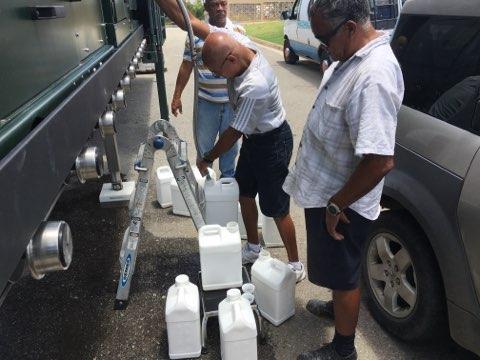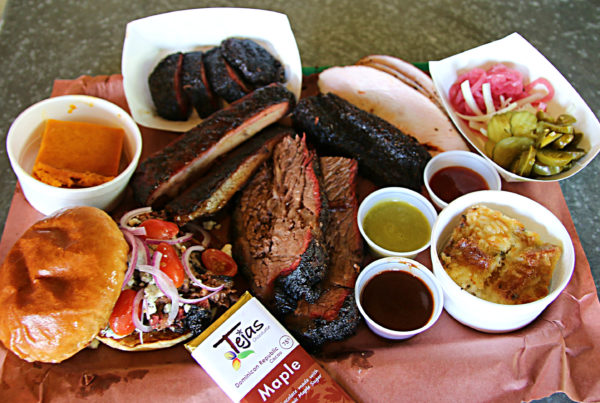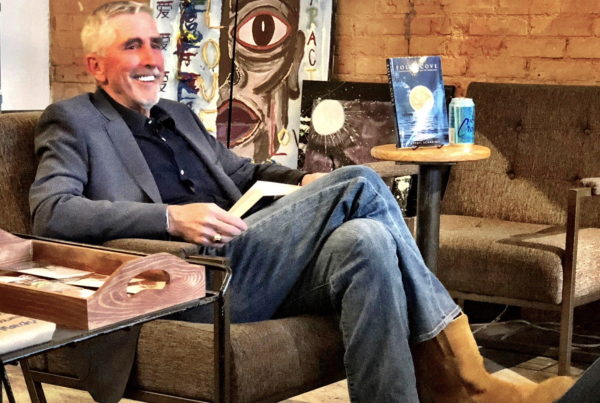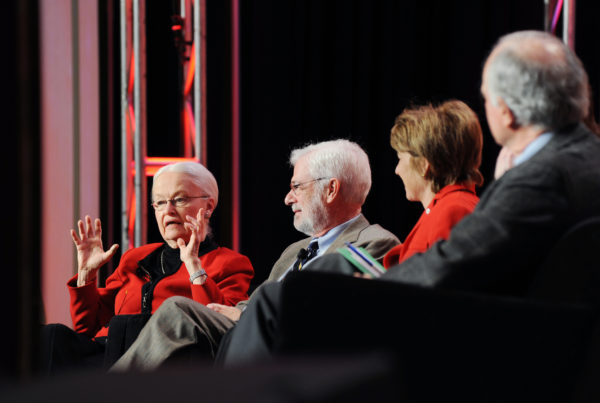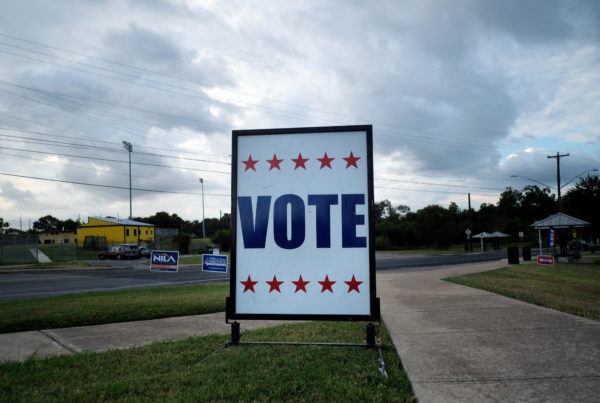Following the May 18 mass shooting at Santa Fe High School – and the Sutherland Springs church shooting in November, and the February school shooting in Parkland, Florida – Gov. Greg Abbott convened roundtable discussions about gun violence at the Capitol this week.
The conversations earned praise from advocates representing a range of perspectives.
Ed Scruggs, vice chairman of Texas Gun Sense, an organization that has pushed for tougher gun regulation, said he was glad to have a seat at the table. He said the discussion was “a long time coming” and it released some of the mounting tension.
Abbott, for his part, is considering ideas he would have dismissed earlier, like stronger regulations for gun storage and quicker reporting to law enforcement to deny guns to someone who is adjudicated as mentally ill. Some might say these are small steps, but they’re meaningful in a state like Texas, where many of Abbott’s supporters are Second Amendment absolutists.
To our reckoning, no other state has convened anything close to a series of summits like the ones we’re seeing this week. Tuesday was the first of these talks and at that meeting was Marcus Nelson, the superintendent of Waco ISD.
“It was very encouraging to hear different sides of the aisle, so to speak, talk about all the ways we can improve safety in our public schools,” Nelson says. “Everyone is just making sure we’re not desensitized to school shootings. I mean they’re happening so frequently it’s like one a week now.”
Nelson says Abbott took a step in the right direction by convening the roundtables.
“I do think that there were some innovative ideas and some very candid conversations about tangible solutions that the public will be able to see,” he says. “I feel like it was divided into two different groups. One is things we can do in the upcoming legislative session, and then things that school districts and law enforcement leaders can do this next school year.”
He says some of the legislative goals are about expanding resources in schools – more counselors in schools to help identify mental health concerns at earlier ages, and more law enforcement officers.
“And they’ll have better equipment and weapons to be able to combat any type of threat,” Nelson says. “I think there will be more organized threat assessments on campuses and building design definitely I think will be part of legislation for future facilities.”
Michelle Kinder, executive director of the Momentous Institute and an expert in the field of children’s mental health, also attended one of the roundtables.
“Honestly, everyone was listening very closely,” Kinder says. “I think we were all truly impacted by each other’s expertise and each other’s view. I felt like it was a great example of adults being adults in a tricky situation, and how community social and emotional health has to show up before we can create space for children to develop their own social and emotional health.”
Kinder says that at the discussion, both gun policies and mental health issues were on the table – not one or the other.
“There is a real concern that the mental health piece can be used as an exit ramp,” she says. “When we look at our situation compared to our international peers, mental health is not the only piece of the puzzle.”
Written by Jen Rice.


